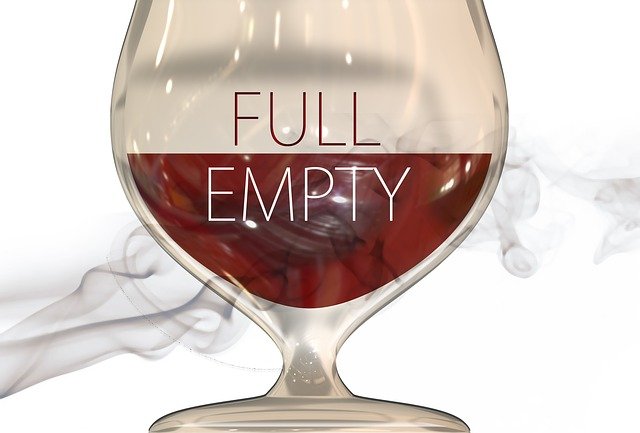Pessimist - Glass is Empty

Pessimism is defined as a tendency to see the worst aspect of things or believe that the worst will happen. Philosophically, pessimism is considered as a belief that this world is as bad as it could be or that evil will ultimately prevail over good. This idea is closely linked to Arthur Schopenhauer, who was a strong proponent of Philosophical Pessimism. While pessimists are not exactly negative people, they are more often than not inclined towards negativity and find it hard to look at the positive side of the situation.
According to research by the best psychologists in west delhi, the glass is half empty rather than half full and the dark clouds are signs of storms and thunder instead of rain and beauty. In daily life, pessimists expect the worst, for example, when they call someone, after a few rings, they will assume that the person is not picking up the call to avoid them, when going to a party, they will assume that the party is boring. In his revolutionary book ‘Learned Optimism’, Martin Seligman mentioned “An optimistic explanatory style stops helplessness, whereas pessimistic explanatory style spreads helplessness”.
According to Seligman, those who explain away bad events with internal (caused by themselves), stable (will continue to occur), and global (will happen in other spheres of life) causes are described as pessimistic. Psychologists always work on making people optimistic.
While pessimism isn’t a permanent or inherent character trait of a human being, it begins as an attitude. If not identified and rectified on time, it may even unconsciously take the shape of lifestyle and a deep-rooted thought pattern. It is natural to be pessimistic sometimes but when it becomes the way we perceive every situation, it affects our mental and physical health eventually.
A pessimistic attitude causes anxious behaviors and depressed thought patterns. Pessimists look only at the negative situation, causing them to also refrain from taking risks and losing the pleasures of life. They become cynical and skeptical. In his 1995 book The Optimistic Child, Martin Seligman stated, “Pessimism is an entrenched habit of mind that has sweeping and disastrous consequences: depressed mood, resignation, underachievement, and even unexpectedly poor physical health.”
However, humans are not born pessimistic, just like they are not born with optimism (this is not to say that genetic make-up doesn’t play a role in a person’s perception of the world). Human attitudes are shaped and learned through daily experiences and societal conditions. A 2013 research shows that pessimists have gone through some negative and harsh experiences in recent times such as break up, social disparagement, medical illness. Pessimism is never a conscious choice, however, optimism is. Again, this is not to say that optimists have not seen their share of hard times, they have just used healthier coping strategies, and who knows maybe an optimist today was a pessimist once?
As opposed to popular belief, optimism and pessimism are not the opposite constructs but a distanced part of the same continuum. Some people can be optimistic about one aspect of life while being pessimistic about the other. While optimism is considered to be a positive trait and pessimism a negative one, the magnitude of the trait plays an important role. An extremely optimistic person may end up deluding themselves with unrealistic positivity which won’t do them any good either. A little bit of pessimism helps a person to be realistic and alert from being beguiled into the rabbit hole of unending positivity without any balance. There is a positive strategy called ‘defense pessimism’ in which the person starts with low expectations and eventually outperforms and surprises everyone. While some studies have found that an optimistic outlook can lead to a longer life, others have found that pessimism about the future can actually increase longevity.
The trick here is the balance. Just like poison in the right amount takes the form of medicine, pessimism and optimism need to be in balanced quantity for a positively functioning life!
Read more:
Purpose, Status And Importance Of Career Counselling In India
Goals Are The Driving Force Of Our Lives
Author:

Alaika Mishra
Intern at Psychowellness Center




SHARE